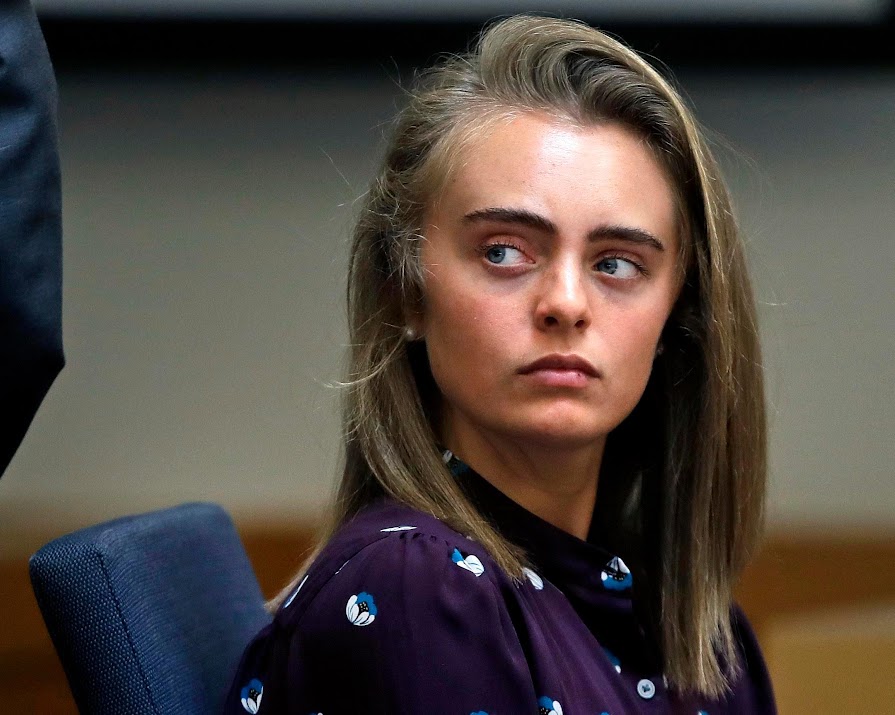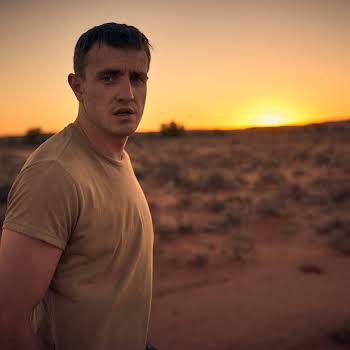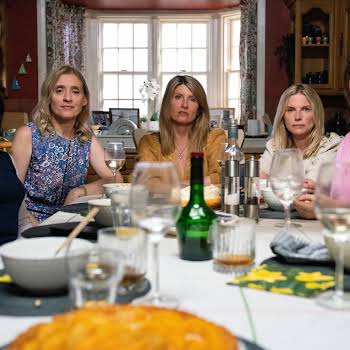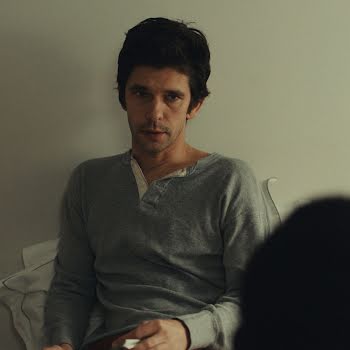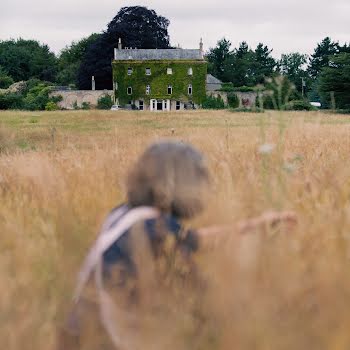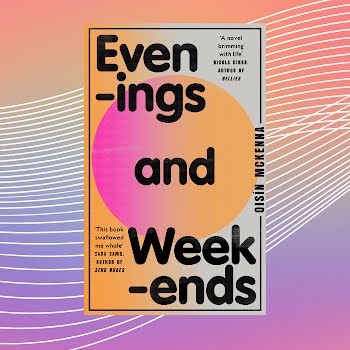
I Love You, Now Die: A documentary you must watch before 2020 finishes
By Jennifer McShane
14th Dec 2020
14th Dec 2020
Michelle Carter was released from prison earlier this year following her conviction of involuntary manslaughter over the death of Conrad Roy III – he took his own life in 2014 – Jennifer McShane examins the documentary – one of the best she’s watched this year – that sheds light on the landmark case and how it all happened
It was headline news: the tale of two teenagers in love – Michelle Carter and Conrad Roy – that ended in tragedy. They met in 2012, and only a handful of times in real life after that, but built a relationship via thousands of text messages regardless. It continues over the next two years before Roy, who had depression during that time, took his own life on 12 July 2014.
In the hours, days, weeks and months leading up to his suicide, he received a slew of messages from Carter, almost 60,000 in total, later found on his phone by police, offering advice on methodology, timing and general encouragement.
Texts which only seemingly increased his anxiety and pushed him towards the end. “Are you gonna do it now?” “There’s a lot of ways.” “You keeping over thinking it … You just have to do it like you said.”
Carter was painted as the obvious villain. A young man was dead and she had, allegedly, encouraged him to commit the act which would cause this. She didn’t pull the trigger, but the defence argued, she may as well have.
Both sides
A recent HBO documentary examines this with fresh eyes, looking at both sides as the prosecution and defence would have. For the first half, we are given time with Roy, with his family, with their grief and suffering. Why hadn’t they seen the signs? How could Carter do this? How could anyone so cold and calculating, do what she did?
The Black Widow narrative is there from the start, but then there is a pivot as filmmaker Erin Lee Carr offers different insight into this emotionally charged, complex case.
It’s clear an intense relationship developed between two deeply unhappy individuals. Ultimately they were two lonely souls bound together for the otherness they felt.
Both were prone to depression and mental health issues.
Roy speaks frequently in video footage of how he feels he’s been “wired wrong” and seeks support from Carter, who understands. She’s been through it herself.
Because the film reveals that she also feels deeply lonely; mentally fragile, she struggles to fit in and have any friends. She’s been on anti-depressants from an early age. But he was his cheerleader for all the right reasons at the start, encouraging him to see the man she saw, something Roy often didn’t wish to see.
As Roy’s depression gets worse, she seeks to find a way for him to escape and push past his demons – he had tried to take his own life four times prior to July 12, 2014. In the end, argued the defence psychiatrist in court, she thought she was helping him, no matter how ethically wrong or immoral this might have looked. She thought she was doing the right thing.
The question that should be asked is, according to her defence, is not what was she doing, but what she thought she was doing.
The tragedy that Roy is dead will always remain and prosecutors argued that she knew enough to stop him; in fact, he almost didn’t go through with it until a message from Carter – and a phone conversation we never hear – ordered him back in the car which he never came back out of.
In Massachusetts, encouraging suicide is not a crime, but it was decided that her words warranted enough for a manslaughter charge – one she was convicted of for 15 months and is now free from, as a result of good behaviour.
I Love You, Now Die is incredibly perceptive and gently raises the questions of what it means of our readiness to judge and the power we can wield in the digital age, even when we might not be fully aware of it.











